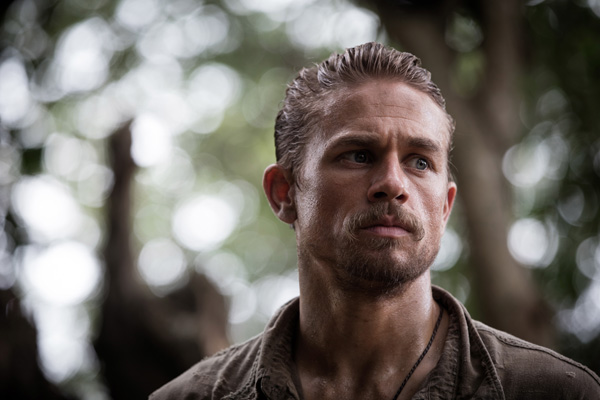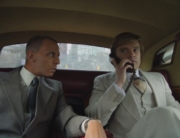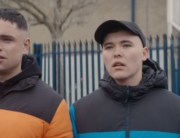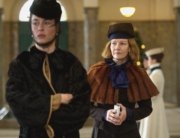Based on David Grann’s 2009 nonfiction best seller, The Lost City of Z (in which “Z” is pronounced the British way, “zed”) centers on Percy Fawcett, the British mapmaker who went on several expeditions to South America in search of an ancient city that he believed thrived with advanced technology.
The film begins at the beginning of the last century, with Fawcett in a cozy military appointment somewhere in the countryside with his wife, Nina, and their toddler son, Jack. Fawcett is trying all he can to get his superiors to notice him, but due to the bad mark his drunkard father left on the family name, Fawcett’s career doesn’t seem to be going anywhere.
From out of nowhere he receives orders to go to London to meet with the Royal Geographical Society. As it turns out, they want to commission Fawcett to map the border between Bolivia and Brazil. This undertaking could lead to glory, and thus the restoration of his family name. It could also lead to his death. But he leaves his young family behind and goes anyway for his family’s honor.
Fawcett is paired up with Henry Costin, played by Robert Pattinson, who has lately been taking a backseat in films like Maps to the Stars and Childhood of a Leader. It’s like he’s had enough of being the leading man and has turned his focus toward character work. As Costin, his face is hidden by a beard that would win him many admirers in a hipster bar. He takes understatement to new levels as he delivers his lines in barely audible whispers.
And then there’s Charlie Hunnam. No question he’s a handsome man, but, unfortunately, there’s no there there. He’s got charisma for days, but it’s other, more intangible qualities that separate him from your Pitts, even your Tatums. Benedict Cumberbatch was originally attached to this project. Now he would have been able to pull the Captain Ahab–like fervor out of this character. Hunnam, even as he is tied up, presumably about to be skewered by cannibals, somehow maintains a lackadaisical stoned surfer look.
The sets, the costumes, everything looks astonishing. It’s quite evident the producers spent loads on this, and there really aren’t grand expeditions in movies anymore, and on a genre level, it delivers, with intense near-mutinies on rafts made of reeds, standoffs with natives, and cannibalism, all topped off with the perfect line, “We might be too English for the jungle.” Viewers with a fetish for adventure movies are going to get serviced by this film.
The problem may be that the script overreaches. The sexism of the time period comes up, but is tacked on as though the filmmakers felt it would win over viewers. Nina (Sienna Miller) asks to go with Percy on his second expedition. Then after the one argument, the subject is tossed aside. As are a bunch of other matters. World War I comes and goes, as does the resentment of Fawcett’s eldest son, Jack (Tom Holland).
The script keeps tossing more and more obstacles at Fawcett, but none of them stand as a major deterrence. Only Angus Macfadyen’s weekend warrior aristocrat, who begs to go with Fawcett’s second company and turns out to be a liability to the cause, is about as much opposition Fawcett comes up against. Besides that, the film breaks down into segments of Fawcett returning home for brief periods, where everyone asks him when is he going back to the Amazon. More episodic than epic, The Lost City of Z plays like a cable movie of the week.







Leave A Comment